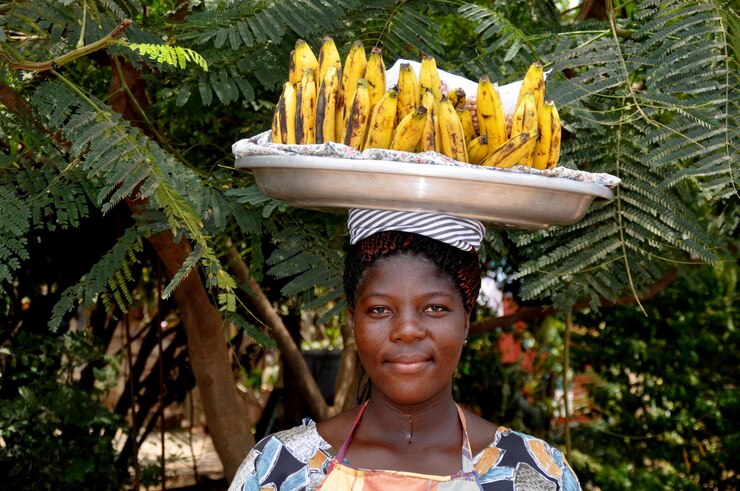Sustainability is at the core of Rohi Company's mission. As a business that relies on agricultural products, we recognize our responsibility to promote farming practices that protect the environment, support biodiversity, and ensure long-term productivity. In this post, we share some of the sustainable farming practices we encourage among our network of banana farmers.
Water Conservation Techniques
Efficient water use is crucial for sustainable banana farming, especially in areas prone to drought. We promote:
- Drip irrigation systems that deliver water directly to the plant roots, minimizing waste
- Mulching to reduce evaporation and maintain soil moisture
- Rainwater harvesting for use during dry periods
Soil Health Management
Healthy soil is the foundation of productive and sustainable banana farming. Our farmers implement:
- Crop rotation to prevent soil depletion
- Composting of organic waste to create nutrient-rich soil amendments
- Cover cropping to prevent erosion and add organic matter to the soil
- Minimal tillage to maintain soil structure and microbial communities
Natural Pest Management
Rather than relying heavily on chemical pesticides, we encourage natural pest control methods:
- Intercropping with pest-repellent plants
- Introduction of beneficial insects that prey on banana pests
- Use of organic pesticides derived from plants
- Regular monitoring to detect and address pest issues early
Biodiversity Conservation
Maintaining biodiversity is essential for ecosystem health and natural pest control. Our farmers are encouraged to:
- Preserve natural areas around farms
- Plant diverse species alongside banana crops
- Create wildlife corridors that connect natural habitats
- Protect water sources and riparian zones
Waste Reduction and Recycling
Minimizing waste is another key aspect of our sustainability efforts:
- Banana stems and leaves are composted or used as mulch
- Overripe or damaged bananas are processed into value-added products
- Packaging materials are selected for their recyclability or biodegradability
Climate-Smart Practices
As climate change poses increasing challenges to agriculture, we're implementing climate-smart practices:
- Planting drought-resistant banana varieties
- Agroforestry systems that combine banana cultivation with tree planting
- Carbon sequestration through increased organic matter in soil
Community Involvement
Sustainability extends beyond environmental concerns to include social aspects:
- Knowledge sharing among farmers through regular workshops and field days
- Involvement of youth in sustainable farming initiatives
- Recognition and integration of traditional farming knowledge
Continuous Improvement
Our approach to sustainability is one of continuous learning and improvement. We regularly assess our practices, measure outcomes, and adapt based on new information and technologies. By working together with our farmers, we're building a more sustainable future for banana production in Tanzania.
At Rohi Company, we believe that sustainable farming is not just good for the environment—it's good for business, farmers, and consumers. By taking care of the land and resources we depend on, we ensure that we can continue to produce high-quality banana products for generations to come.

